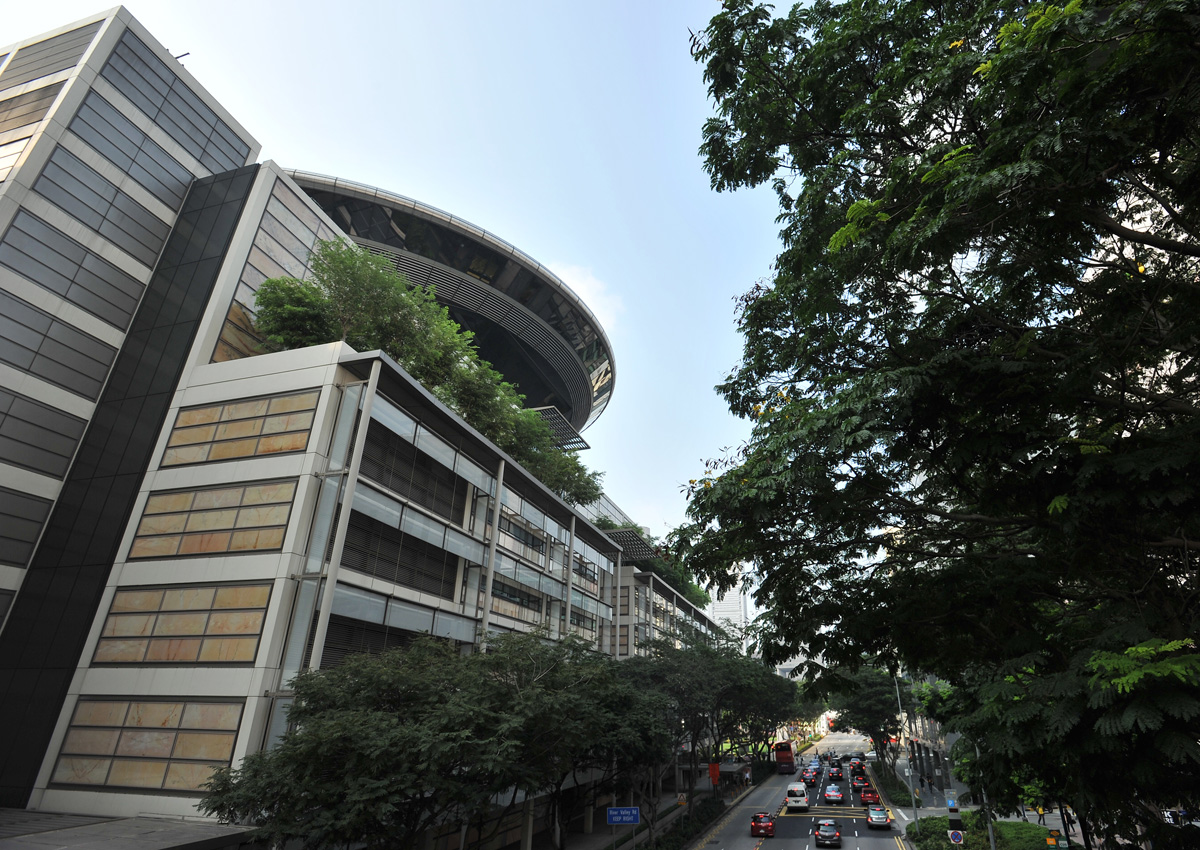Enabling court judgments here on civil and commercial matters to have greater international enforceability is at the heart of a new law passed by Parliament yesterday.
Approval of the Choice of Court Agreements Act also makes Singapore courts a more attractive forum for deciding cross-border disputes, Senior Minister of State for Law Indranee Rajah explained during the debate on the legislation.
Its approval now paves the way for Singapore to ratify an international pact that 28 countries have adopted: the Hague Convention.
Under the convention, if a Singapore court has been chosen to preside over a dispute, under what is known as an “exclusive choice of court agreement”, the hearing must be held in Singapore. The court’s judgment must thus also be recognised and enforced by courts of all other parties to the convention. Singapore signed it in March last year.
“The implementation of the convention demonstrates Singapore’s commitment to be a global player in facilitating international commerce,” said Ms Indranee.
“Drawing more complex cross-border commercial cases to our courts will allow us to develop and shape commercial law, as well as international jurisprudence relating to the convention.”
This latest step comes as Singapore moves to establish itself as an international arbitration hub. The Singapore International Commercial Court heard its first case in November last year.
Responding to questions from Non-Constituency MP Dennis Tan and Mr Vikram Nair (Sembawang GRC), Ms Indranee said the Hague Convention is “very promising” despite the relatively small number of countries that have adopted it so far.
She said 27 of the 28 European Union states are party to the convention, and the United States and Ukraine have also signed it. Singapore will do its part to encourage fellow ASEAN members to adopt the convention, she added.
As for Mr Nair’s question on whether courts would be obliged to recognise judgments made by convention nations with “less robust” legal systems, she said there are built-in safeguards in the convention and the Act that provide grounds for the courts here to refuse to recognise or enforce foreign judgments.
These include instances where the judgment was obtained by fraud, or where enforcement would be against Singapore’s public policy. The courts also have some discretion in the matter, said Ms Indranee.

This article was first published on April 15, 2016.
Get a copy of The Straits Times or go to straitstimes.com for more stories.






